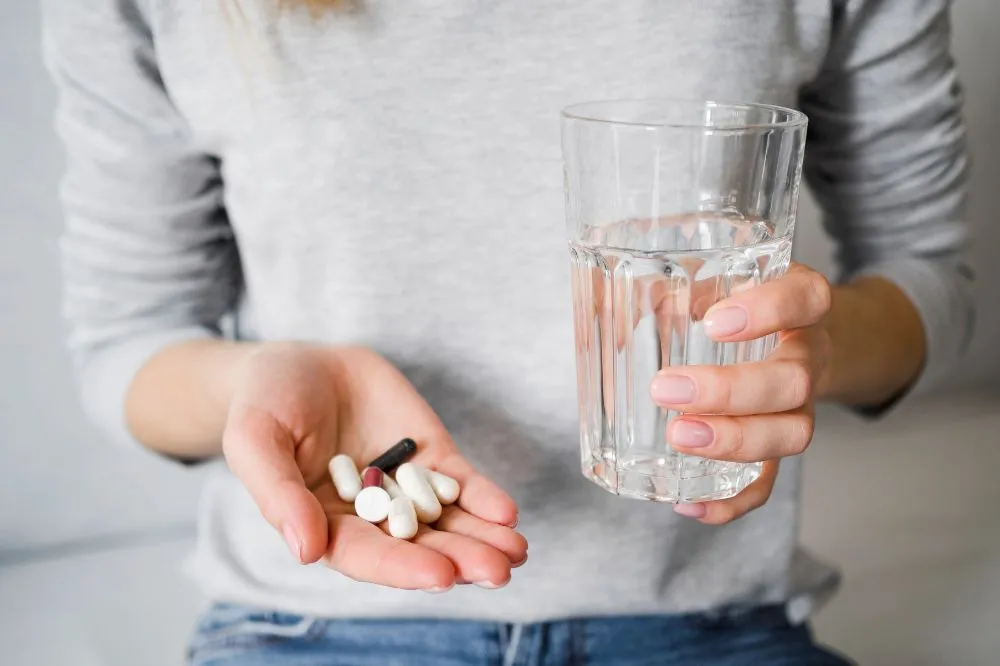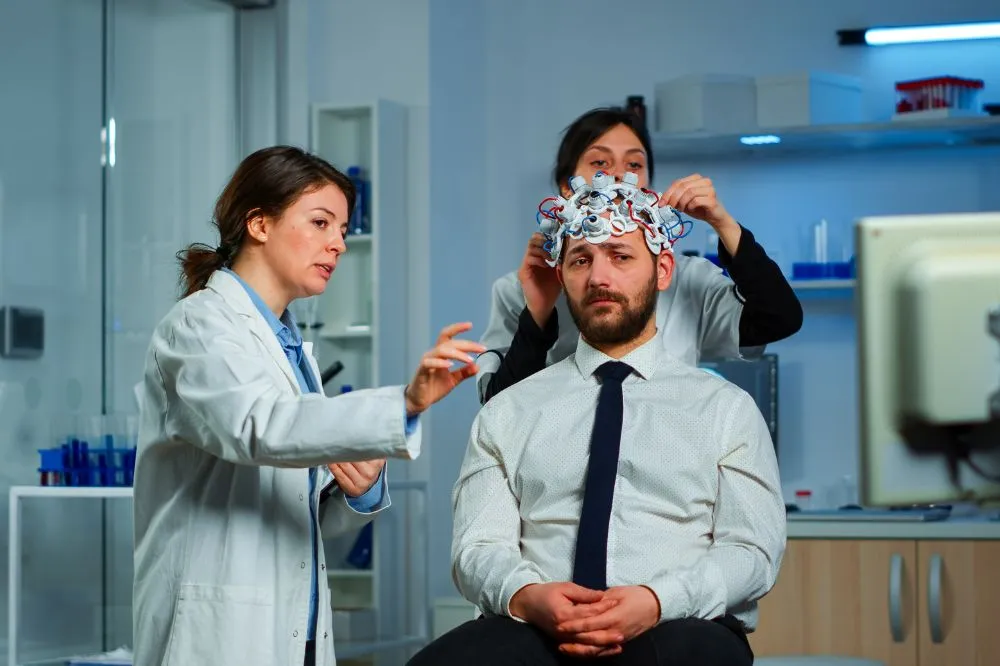Summary: Alcohol use disorder is a significant problem in the US and is associated with significant mortality. However, there are very few medications to treat alcohol use disorder. Now a new study suggests that one of the commonly available medications used to treat hypertension may help reduce alcohol cravings. A recent study found that those who used this medication to manage heart issues or hypertension reported significantly reduced alcohol intake. The drug was especially good for reducing alcohol intake in those with the highest alcohol intake.
Excessive alcohol consumption is a significant problem in the US. It causes 380 deaths a day or 140,000 deaths each year. Yes, these numbers are massive. Moreover, many of those who die due to excessive alcohol use are relatively young adults. Additionally, millions of lives are affected by excessive alcohol consumption.
Though most are able to drink alcohol responsibly, nonetheless, alcohol use disorder is a significant issue in the US and globally. Alcohol is readily and legally available, and more than 80% of adults use alcohol now and then. Thus, no surprise that many use alcohol excessively.
Despite alcohol use disorder being an age-old problem, it has received relatively little attention. However, many people living with the condition require medical treatment for painkiller addiction help. Regretfully, very few drugs are moderately effective in the condition. Thus, doctors may use medications affecting alcohol metabolism, making alcohol consumption unpleasant. Or they might use drugs that reduce alcohol cravings. However, most medicines used to treat alcohol use disorders are moderately effective. Unfortunately, some of them have unpleasant side effects. Thus, researchers are looking for safer and more effective remedies, and it appears that one such remedy may be one of the popular heart medicine.
This popular heart medicine is called spironolactone. It is a diuretic used to manage hypertension. It has been in clinical use for a long, and thus it has a proven safety track record. However, now animal studies and clinical trials suggest that it may be quite good for treating alcohol use disorder, as it reduces alcohol cravings. The findings of the latest study were published in Molecular psychiatry2.
Spironolactone is an exciting drug in many ways, and studies have shown that it has many other health effects. That is why doctors are also exploring it for other brain disorders. It is even used to manage hair loss and many other health issues.
Researchers found that when mice were given spironolactone, they had a reduced urge to drink alcohol. Similarly, studies show that when spironolactone is prescribed for treating high blood pressure, people also report reduced alcohol intake due to a reduced urge to use alcohol.
Studies suggest that this may have something to do with its influence on mineralocorticoid receptors. These receptors are located throughout the brain and other organs that play an important role in fluid and electrolyte balance. It appears that expression or, rather, overexpression of these receptors in the brain has something to do with alcohol use disorder. Consequently, blocking these receptors appears to reduce alcohol urges or cravings in those living with alcohol use disorder.
In the study, researchers analyzed US Veterans Affairs healthcare system data and found that those taking spironolactone reported reduced alcohol intake. Interestingly, researchers found that those with the highest alcohol intake were more likely to reduce their intake after treatment with spironolactone.
Researchers say that these findings are highly encouraging. It is well-known that spironolactone is a nonselective mineralocorticoid receptor (MR) antagonist. Furthermore, it appears to modulate alcohol-seeking behavior by acting on these receptors in the brain.
Investigators also found that spironolactone independently reduced alcohol intake. In addition, its dose-dependently reduced alcohol self-administration.
Researchers say that there is strong evidence from studies in rodents and clinical trials that it works. Thus, there is an urgent need to further test this drug for treating alcohol use disorder. Since the drug is already approved for treating other health conditions, it can be readily introduced for alcohol use disorder management. Repurposing a drug already in clinical use is much easier than developing some new treatment.






